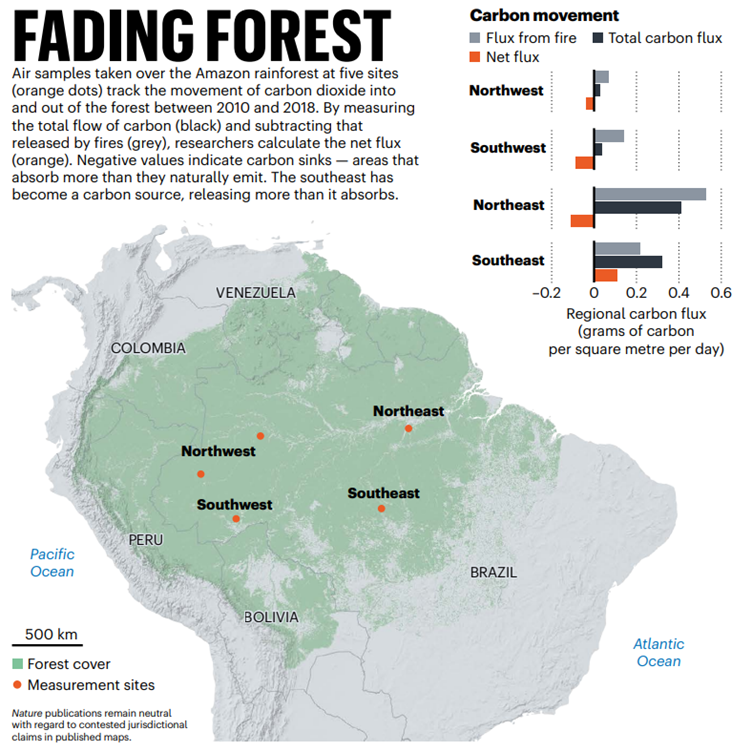Game Changing RFP, the Co-benefits of Energy Efficiency and Changing Transport Behaviours
In this issue:
CEP issues game changing RFP
Some news very close to home is that CEP issued an RFP this week to help develop training programmes and assessments to support a new certification framework for professionals in energy and carbon management. The work is being supported by EECA and will see new professional-level qualifications come to New Zealand in 2024.
Australia and California sign MoU
Australia has signed a historic MoU with California promising to work together to combat climate change. The document covers activities in transport, nature-based solutions, adaptation, clean energy and technologies, green finance, the circular economy and R&D. This MoU follows a successful twenty-year collaboration between California and New South Wales on the prevention and combatting of wildfires but is the first at federal level for Australia and with such wide scope.
The co-benefits of energy efficiency
The IIEA (Institute of International and European Affairs) has published a summary of the co-benefits of energy efficiency that many will find interesting. Whilst prepared from the perspective of efficiency improvements in Ireland, the benefits discussed will apply in any developed country. As well as looking at emissions, the discussion covers pollution, health, better resource use, energy poverty and job creation.
Changing transport behaviours
The Austrians have come up with a novel technique to market their public transport ticketing scheme, KlimaTicket. Ticket holders can use all public transport across Austria for a single annual payment of €1,095 (NZ$2,000). But its Climate Minister has been offering a free ticket to young travellers at music festivals in exchange for having a promotional tattoo. Naturally, the promotion has attracted many critics but it has certainly raised the profile of the scheme. Gimmicks aside, the Klimaticket is an interesting case study on shifting the public’s transport behaviour. Germany has a similar system, the Deutschlandticket, although the German system does not include long distance train travel.
Parts of Amazon now net emitters
Perhaps it was inevitable but some areas of the Amazon have now become net emitters of CO2. Deforestation and wildfires are behind the transformation. Other areas are heading in the same direction and a tipping point for the region is fast approaching.

